HarvestPlus supports nutrition security stakeholders, champions, and coalitions on evidence-driven engagement of decision-makers at the global, regional, and national levels.
contact our Policy engagement experts
Development practitioners emphasize the importance of “enabling environments” that create the right conditions and incentives for initiatives to succeed and scale. For biofortification, key enablers are supportive policies and programs in place, as well as budgetary allocations, loan programs, and other funding mechanisms to ensure their implementation.

Biofortified crops are going to be game-changers in dealing with the issue of malnutrition in our world today.” AfDB President and World Food Prize laureate
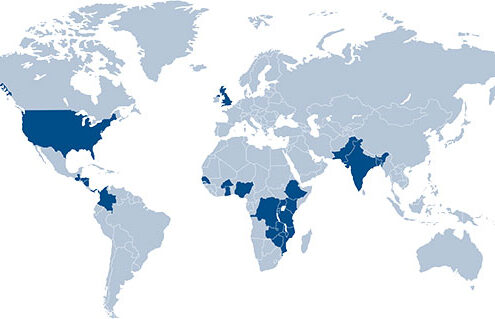
National Policies and Regulations
See where relevant national policies have been adopted, and view policies by country.
Learn moreNational Engagement
National policy engagement is informed by assessments of key drivers, gaps, and opportunities for expanding the reach of biofortified crops and foods.
So far, 19 countries have included biofortification in national agricultural and/or nutrition strategies. Below are two examples:
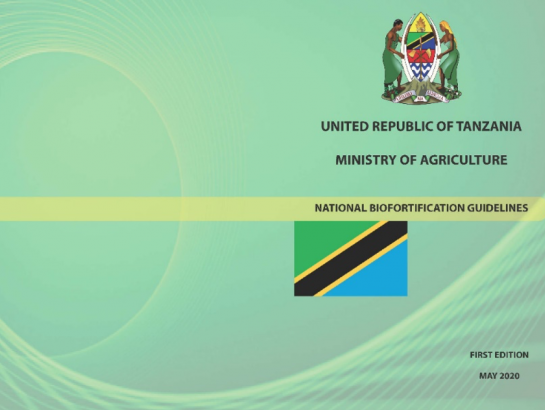
Tanzania National Biofortification Guidelines – a comprehensive approach to fostering activity in seed, crop, and food value chains that is a model for other countries.
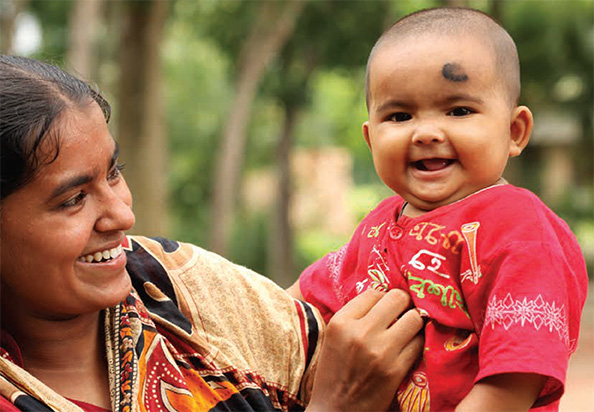
Bangladesh National Strategy on Prevention and Control of Micronutrient Deficiencies (2015-2025) – This long-view strategy helped catalyze development and delivery of zinc rice, which is now grown by 467,000 households.
Global and Regional Engagement
The African Union
In 2020, the AU Commission released a “Roadmap for Upscaling Biofortification” to guide and inspire country-level action by the 55 AU member states. The Roadmap asserts that national biofortification strategies “are essential for achieving the national food and nutrition targets” of the Malabo Declaration, which sets concrete goals for African agriculture by 2025. HarvestPlus worked with a broad coalition of African nutrition stakeholders to support development of the Roadmap.

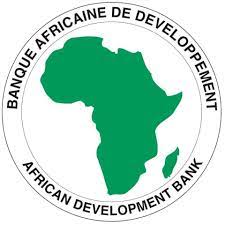
The African Development Bank (AfDB)
In its “Multi-Sectoral Nutrition Action Plan 2018-2025”, the AfDB included biofortification among a select group of priority interventions that can have the greatest impact on nutrition for every dollar spent.
The Asian Development Bank (ADB)
HarvestPlus is assisting the ADB with background research on approaches to designing nutrition- and climate-smart agriculture loan programs.
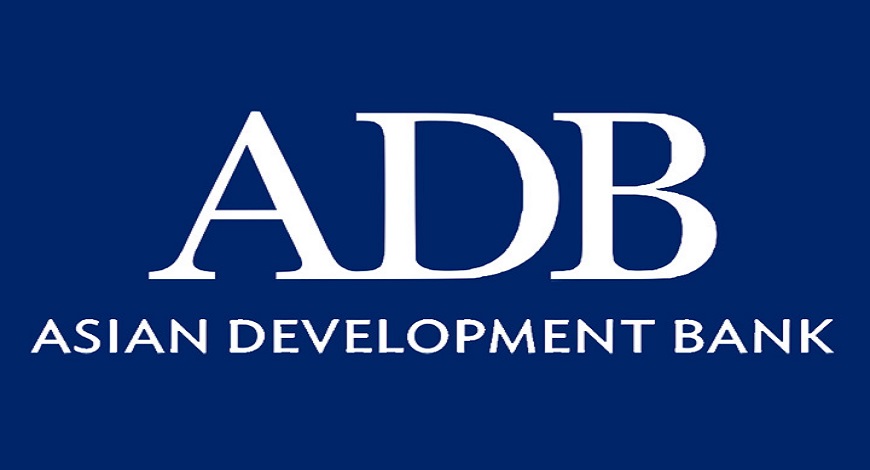
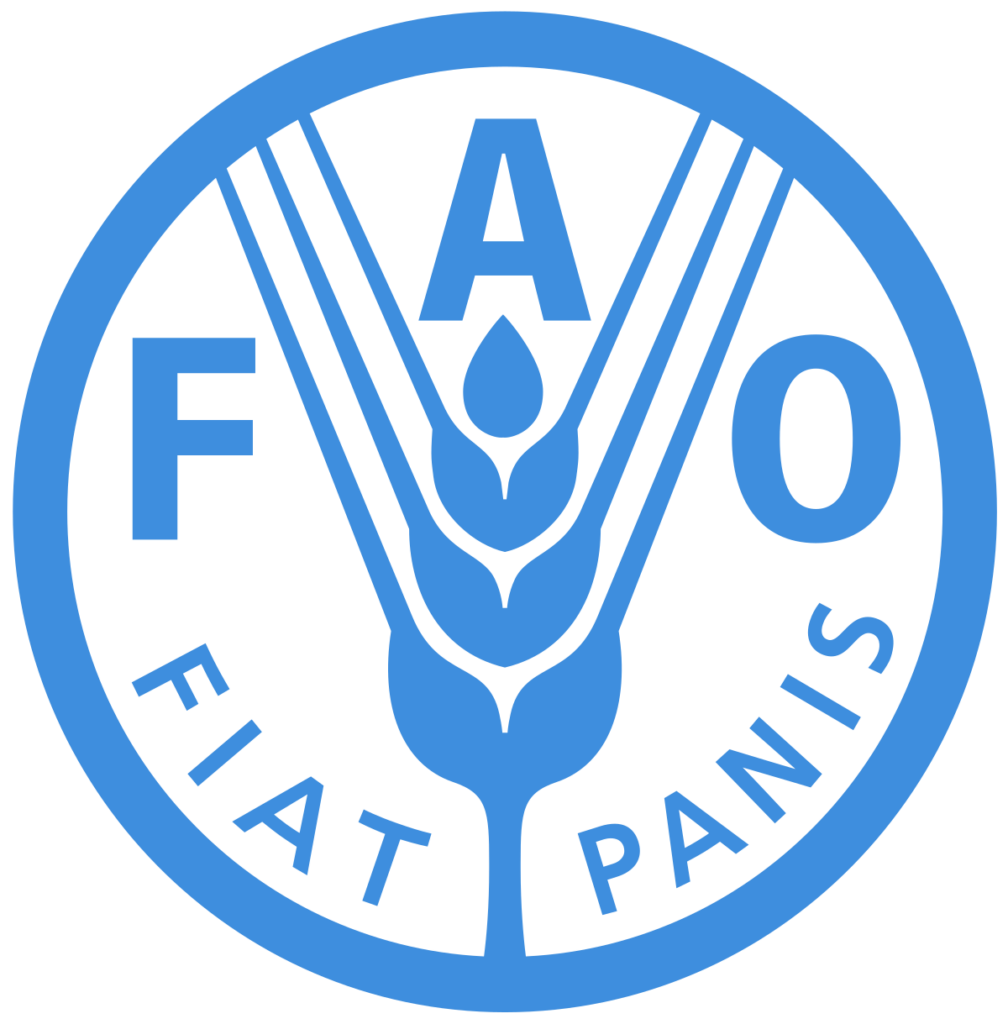
The Food and Agriculture Organization of the United Nations (FAO)
The FAO leads global efforts to end hunger and improve food and nutrition security, and its policies and initiatives influence action taken by the FAO’s 194 member nations. In 2019, FAO co-produced with HarvestPlus a policy brief, “Biofortification: A food-systems solution to help end hidden hunger,” that was distributed to FAO staff and partners with the aim of encouraging “the adoption and scaling up of biofortification through national policies and programs….”
The World Bank
The World Bank is the leading international financial institution (IFI) and provides funding to country governments for a range of development initiatives, including in the agriculture and health sectors. HarvestPlus is engaging the Bank on integration of biofortification in loan programs, for example, in the Multisectoral Nutrition and Health Project (PMNS) in the Democratic Republic of Congo.
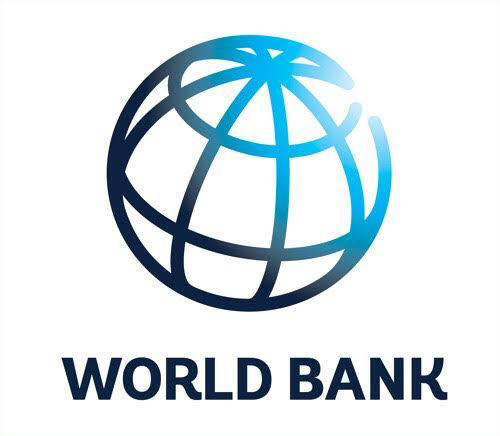
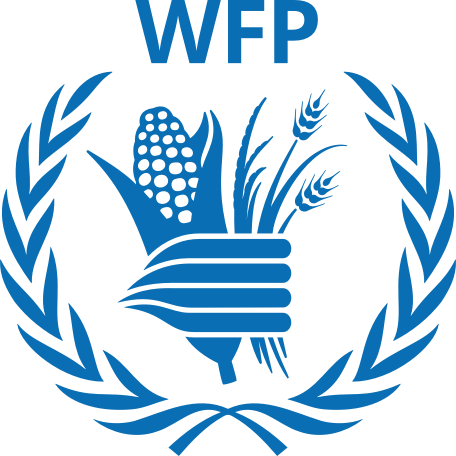
The World Food Programme (WFP)
WFP, the world’s largest humanitarian organization, leads global food assistance efforts. It runs a substantial food procurement operation, and in its 2019 WFP added biofortification to its “Local and regional food procurement policy.“ In 2022, WFP and HarvestPlus produced a joint brief to help advance the integration of bioforfitified crops and foods in WFP programs and procurement.
World Health Organization (WHO)
In 2020, in coordination with several other UN agencies, WHO issued the Global Action Plan on Child Wasting that identified important roles for biofortification in both reducing instances of low birth weight and improving infant and young child feeding.
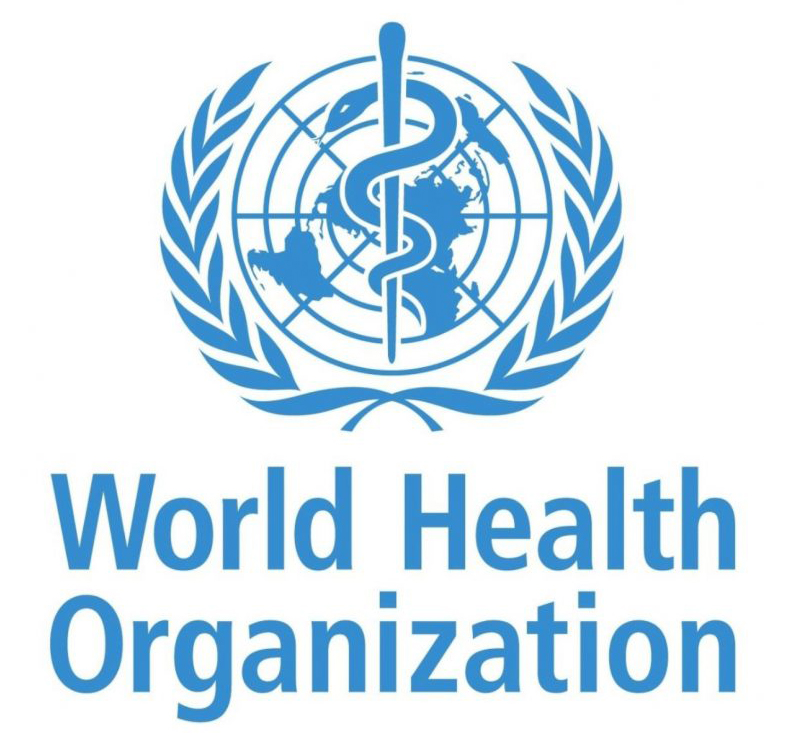

We must encourage biofortification. It is good for our citizens, because we are concerned about the health of every individual in this country.” Vice Chairman, Nigerian Senate Committee on Agriculture and Productivity; Biofortification Champion